Home>Garden Essentials>How Long To Germinate Passiflora
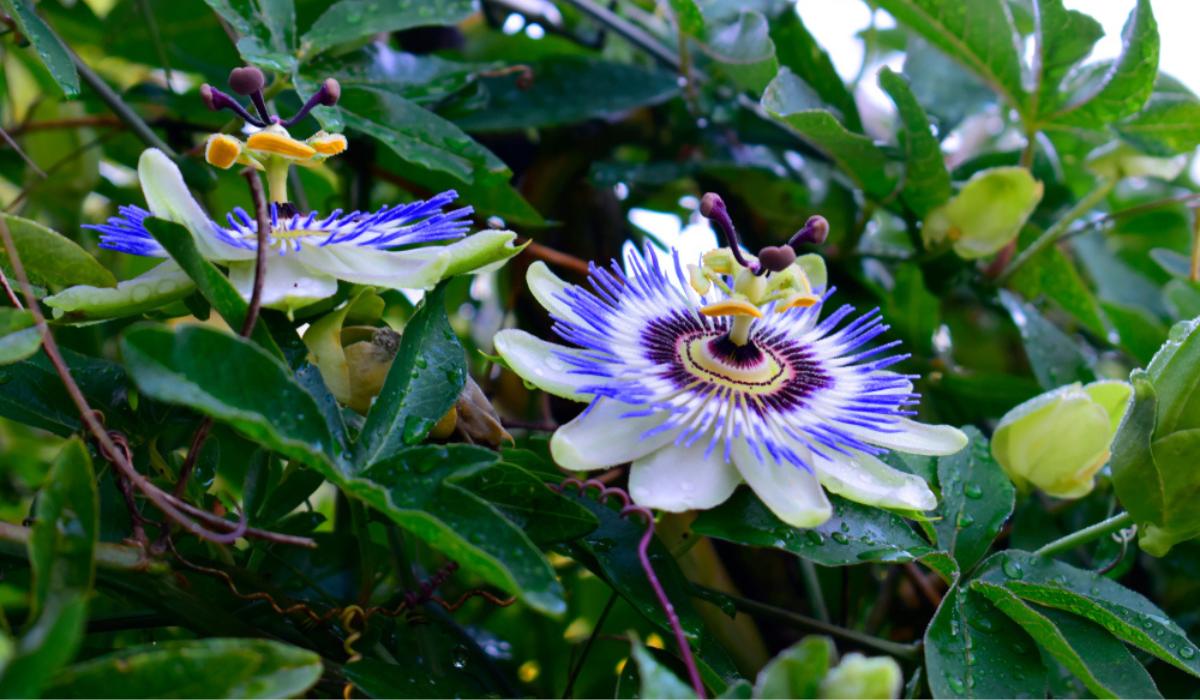

Garden Essentials
How Long To Germinate Passiflora
Modified: March 15, 2024
Discover the ideal germination period for Passiflora in your garden. Learn how long it takes for Passiflora seeds to sprout and grow into beautiful plants.
(Many of the links in this article redirect to a specific reviewed product. Your purchase of these products through affiliate links helps to generate commission for Storables.com, at no extra cost. Learn more)
Introduction
Welcome to the world of gardening, where the magic of plants unfolds with every seed that germinates. When it comes to growing your own plants, one of the most exciting and rewarding experiences is watching them emerge from tiny seeds. Passiflora, also known as passionflowers, are stunning and fascinating plants that can add a touch of tropical beauty to any garden.
If you’ve just acquired some Passiflora seeds or are thinking of starting your very own passionflower garden, you may be wondering how long it takes for Passiflora seeds to germinate. Germination time can vary depending on various factors including the Passiflora variety, environmental conditions, and germination methods. In this article, we will delve into the world of Passiflora germination and explore the factors that impact how long it takes for these beautiful plants to sprout.
Understanding the germination process and the ideal conditions for Passiflora seeds can help you optimize their growth and ensure a successful germination journey. So, let’s dive in and discover the secrets of germinating Passiflora seeds!
Key Takeaways:
- Patience and care are key when germinating Passiflora seeds. Understanding factors like temperature, moisture, and seed quality can lead to successful sprouting and vibrant passionflower vines in your garden.
- Different Passiflora varieties have varying germination times. Preparing seeds properly and troubleshooting common issues, such as poor germination rates and seed rot, can help ensure a rewarding gardening experience.
Read more: How Long For Borage To Germinate
Factors Affecting Germination Time
Several factors can influence the germination time of Passiflora seeds. These include:
- Seed Quality: The quality of the seeds plays a crucial role in germination. Fresh, viable seeds with high germination rates are more likely to sprout quickly. It’s important to obtain Passiflora seeds from reputable sources to ensure quality.
- Seed Dormancy: Some Passiflora seeds have natural dormancy mechanisms that prevent them from germinating immediately. This dormancy can be due to a hard seed coat that needs to be scarified or broken for germination to occur. Scarification methods, such as soaking the seeds in hot water or gently nicking the seed coat, can help overcome this dormancy and speed up germination.
- Temperature: Passiflora seeds require specific temperature ranges to trigger germination. Different Passiflora varieties have different temperature preferences, but most generally prefer temperatures between 65°F and 85°F (18°C to 29°C). Providing the right temperature conditions can accelerate germination.
- Moisture: Adequate moisture is essential for successful germination. Passiflora seeds need a consistently moist environment to sprout. However, excessive moisture can lead to rot or fungal diseases, so it’s important to strike a balance and avoid overwatering.
- Light: While some seeds require light for germination, most Passiflora seeds do not. In fact, they tend to germinate better in darkness. Therefore, you can effectively germinate Passiflora seeds by providing a dark and warm location.
It’s important to note that the combination of these factors will determine the germination time of Passiflora seeds. While optimal conditions can speed up germination, variation in these factors may lead to different germination times and success rates. Understanding and managing these factors play a vital role in successfully germinating Passiflora seeds.
Ideal Conditions for Germination
To ensure the successful germination of Passiflora seeds, it is important to provide them with the ideal conditions. Here are some key factors to consider:
- Temperature: Maintaining a suitable temperature is crucial for germination. Most Passiflora species prefer temperatures between 65°F and 85°F (18°C to 29°C). You can achieve this temperature range by using a heat mat or placing the seeds in a warm location, such as near a heating vent.
- Moisture: Passiflora seeds require consistent moisture for germination. Ensure that the planting medium is moist but not waterlogged. Regularly misting the seeds or using a humidity dome can help maintain the necessary moisture levels.
- Sowing Depth: Passiflora seeds should be planted at a shallow depth, approximately ¼ inch (6 mm) deep. This allows the seeds to establish good contact with the soil while still allowing them to receive the necessary oxygen for germination.
- Planting Medium: Use a well-draining planting medium, such as a seed-starting mix or a blend of peat moss and perlite. This ensures that excess water can drain away and prevents the seed from becoming waterlogged.
- Germination Container: Providing a suitable germination container is essential. Use seed trays, pots, or seedling cells to sow the Passiflora seeds. Ensure that the container has drainage holes to prevent waterlogging.
By creating the ideal conditions for Passiflora seeds, you can significantly increase the chances of successful germination. Monitoring and adjusting these conditions as needed will help you create an optimal environment for the seeds to sprout and thrive.
Preparing Passiflora Seeds for Germination
Before you begin the germination process, it’s important to properly prepare Passiflora seeds. Follow these steps to ensure the seeds are ready for optimal germination:
- Seed Collection: If you’re collecting Passiflora seeds from your own plants, make sure to choose ripe and mature seeds. Harvest the fruits when they are fully ripe and allow them to soften before extracting the seeds. Discard any damaged or discolored seeds.
- Seed Cleaning: Remove any remaining pulp or fruit residue from the seeds. Gently wash them in water, using a sieve or fine mesh, to separate the seeds from the pulp. Avoid using harsh chemicals or detergents that could damage the seeds.
- Seed Drying: Once cleaned, spread the seeds on a clean paper towel or screen to air dry. Ensure that they are evenly spread and not overcrowded. Allow the seeds to dry completely for about a week before storing or sowing.
- Seed Storage: Store the dried Passiflora seeds in a cool, dry place. The seeds can be stored in airtight containers or envelopes. Label the containers with the Passiflora variety and the date of collection to keep track of their viability.
Properly preparing Passiflora seeds before germination ensures the highest chances of success. By collecting ripe seeds, cleaning away any debris, and properly drying and storing them, you set the foundation for healthy and viable seeds ready for germination.
Germination Methods for Passiflora Seeds
There are several effective methods you can use to germinate Passiflora seeds. Here are a few popular techniques:
- Direct Sowing: This method involves planting Passiflora seeds directly into the ground or a container outdoors. Choose a sunny location with well-draining soil. Sow the seeds at a shallow depth and keep the soil consistently moist. This method mimics the natural conditions Passiflora seeds would encounter in their native habitats.
- Seed Soaking: Some Passiflora seeds benefit from soaking before sowing. Fill a cup or container with warm water and place the seeds inside. Let them soak for 24 to 48 hours. This process softens the seed coat and can help break seed dormancy. After soaking, follow the regular sowing instructions.
- Pre-germination: Pre-germination is a technique that can help speed up the germination process. Start by soaking the Passiflora seeds in warm water for a few hours. Then, transfer them to a slightly moistened paper towel or coffee filter. Fold the paper towel or filter over the seeds and place them inside a plastic bag or container. Keep the paper towel or filter moist and check regularly for sprouting. Once the seeds have germinated, transfer them to their desired growing medium.
- Seed Stratification: Some Passiflora varieties require a period of cold stratification to simulate winter conditions and encourage germination. Place the seeds in a damp paper towel or zip-lock bag and refrigerate them for 4 to 6 weeks. After stratification, follow the regular sowing instructions.
Experimenting with different germination methods can help you find the best approach for your Passiflora seeds. Remember to adjust the environmental conditions accordingly and monitor the seeds’ progress throughout the germination process.
Passiflora seeds can take anywhere from 1 to 3 months to germinate. To speed up the process, soak the seeds in warm water for 24 hours before planting. Keep the soil consistently moist and maintain a temperature of 70-85°F for best results.
Read more: How Long To Germinate Aerogarden
Germination Time for Different Passiflora Varieties
The germination time for Passiflora seeds can vary depending on the specific variety you are working with. While some Passiflora varieties may germinate relatively quickly, others may take more time. Here’s an overview of the germination time for some popular Passiflora varieties:
- Passiflora incarnata: This native North American passionflower typically has a germination time of around 2 to 4 weeks. It is known for its beautiful purple and white flowers and is a popular choice for butterfly gardens.
- Passiflora edulis: The edible passionfruit vine, Passiflora edulis, can take a bit longer to germinate. It often requires 3 to 6 weeks for the seeds to sprout. However, the rewarding harvest of delicious passionfruit makes the wait worthwhile.
- Passiflora caerulea: Commonly known as the blue passionflower, Passiflora caerulea is a fast-growing vine that typically germinates within 2 to 3 weeks. This variety produces showy blue and white flowers and is a favorite among gardeners.
- Passiflora alata: With its striking red and yellow flowers, Passiflora alata is a beautiful addition to any garden. The germination time for this variety can vary, ranging from 2 to 6 weeks. A bit of patience can result in stunning blooms.
It’s important to keep in mind that these are just general guidelines, and the actual germination time may vary depending on factors such as seed quality, environmental conditions, and germination methods. Monitoring the progress of your Passiflora seeds and providing the optimal conditions will help ensure successful germination, regardless of the variety you are working with.
Troubleshooting Common Germination Problems
Germinating Passiflora seeds can sometimes come with challenges. Here are some common germination problems you may encounter and how to troubleshoot them:
- Poor Germination Rate: If you notice that only a few seeds are germinating or none at all, it could be due to poor seed quality or improper storage. Make sure to acquire seeds from reliable sources and store them in a cool and dry place. Additionally, double-check that you are providing the optimal conditions for germination, including the right temperature and moisture levels.
- Seed Rot: Overly wet conditions can lead to seed rot, where the seeds become mushy and fail to germinate. To prevent this, ensure that the planting medium is well-draining and avoid excessive watering. If you notice signs of rot, remove the affected seeds and adjust the moisture levels accordingly.
- Dormant Seeds: Some Passiflora seeds have natural dormancy mechanisms that prevent them from germinating immediately. If you suspect seed dormancy, try scarifying the seeds by gently nicking or filing the seed coat before planting. Alternatively, soaking the seeds in warm water for a few hours or using pre-germination techniques can help overcome dormancy and stimulate germination.
- Pest and Disease Issues: Pests and diseases can hinder seed germination as well as the overall health of Passiflora plants. Keep an eye out for any signs of pest infestation or disease, such as wilting, discoloration, or the presence of aphids or spider mites. Utilize appropriate pest control measures and maintain good hygiene practices to minimize the risk of these issues affecting germination.
- Slow Germination: If the germination process is taking longer than expected, it could be due to suboptimal environmental conditions. Ensure that you’re providing the correct temperature, moisture, and light levels for your Passiflora seeds. Consider using techniques like pre-germination or seed stratification to accelerate the germination process.
By identifying and addressing these common germination problems, you can increase the success rate of your Passiflora seed germination. Remember to remain patient and attentive, adjusting the conditions as needed to support healthy and robust growth.
Conclusion
Growing Passiflora from seeds can be a rewarding and exciting journey, allowing you to witness the transformation of tiny seeds into vibrant, blooming passionflower vines. Understanding the factors that affect germination time, providing ideal conditions, and properly preparing the seeds are key to achieving successful germination. By following the recommended germination methods and troubleshooting common issues, you can increase the chances of a successful outcome.
Remember that each Passiflora variety may have slight variations in germination time and requirements, so it’s important to research and understand the specific needs of the variety you are working with. Patience, care, and attention to detail are crucial throughout the germination process.
Whether you’re growing Passiflora incarnata for its captivating purple flowers, Passiflora edulis for its delectable fruit, or any other passionflower variety, the joy of growing these stunning plants will be well worth the effort. As your Passiflora seeds transform into seedlings and eventually into mature vines, you’ll be rewarded with the beauty and splendor of their unique flowers and intricate foliage.
Now that you have a comprehensive understanding of the germination process for Passiflora seeds, it’s time to put your knowledge to practice. Gather your seeds, prepare the necessary materials, and embark on your Passiflora gardening adventure. With a little love, care, and attention, you’ll soon witness the magic of germination and enjoy the beauty of Passiflora in your own garden.
References
1. Bailey, L. H., & Bailey, E. Z. (1976). Hortus Third: A Concise Dictionary of Plants Cultivated in the United States and Canada. Macmillan Publishing Co., Inc.
2. Passifloraceae: Passionflower and Passionfruit Family. (n.d.). Retrieved from Missouri Botanical Garden website: http://www.missouribotanicalgarden.org/PlantFinder/PlantFinderDetails.aspx?kempercode=a567
3. Passiflora. (n.d.). Retrieved from Royal Horticultural Society website: https://www.rhs.org.uk/Plants/20895/i-Passiflora-i/Details
4. Passiflora germination! (n.d.). Retrieved from Passiflora Online website: https://www.passionflow.co.uk/blog/passiflora-germination
5. Plant Propagation Techniques for Passionflower. (n.d.). Retrieved from University of Florida IFAS Extension website: https://edis.ifas.ufl.edu/ep467
6. Seeds – Methods of Germination. (n.d.). Retrieved from Smithsonian Gardens website: https://gardens.si.edu/seed-germination-guidelines/sowing-methods-for-seeds/
Please note that these references are provided as sources of information and further reading. It is always recommended to consult multiple sources and adapt the information based on your specific gardening conditions and location.
Frequently Asked Questions about How Long To Germinate Passiflora
Was this page helpful?
At Storables.com, we guarantee accurate and reliable information. Our content, validated by Expert Board Contributors, is crafted following stringent Editorial Policies. We're committed to providing you with well-researched, expert-backed insights for all your informational needs.
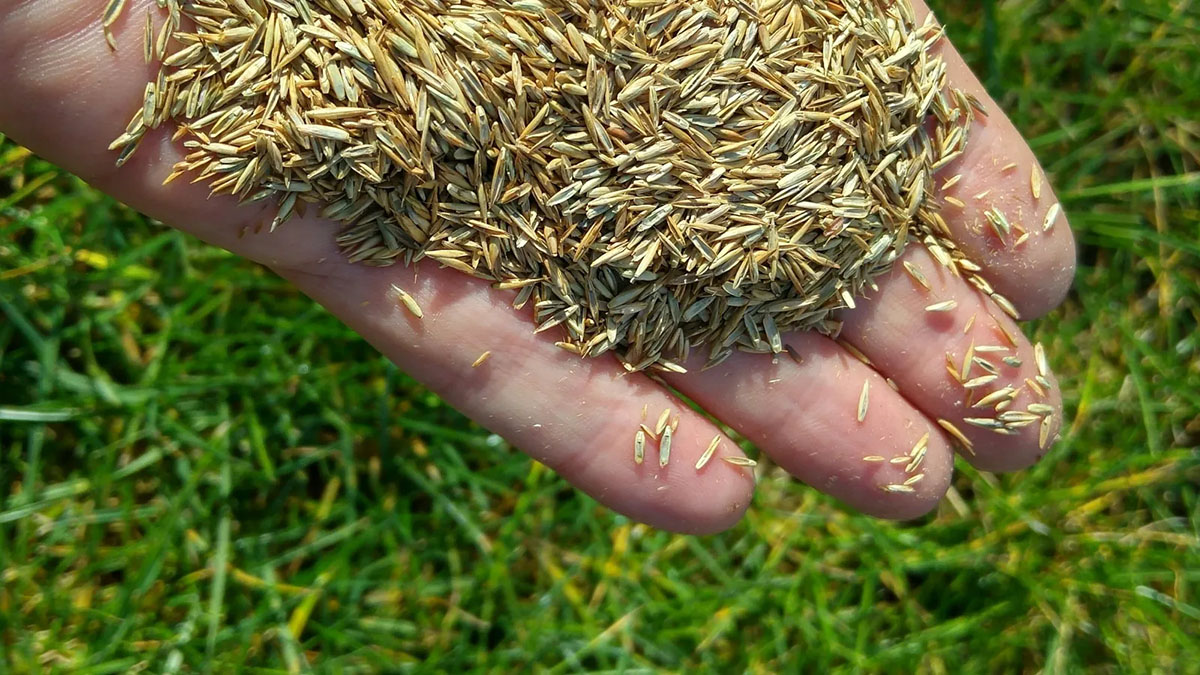

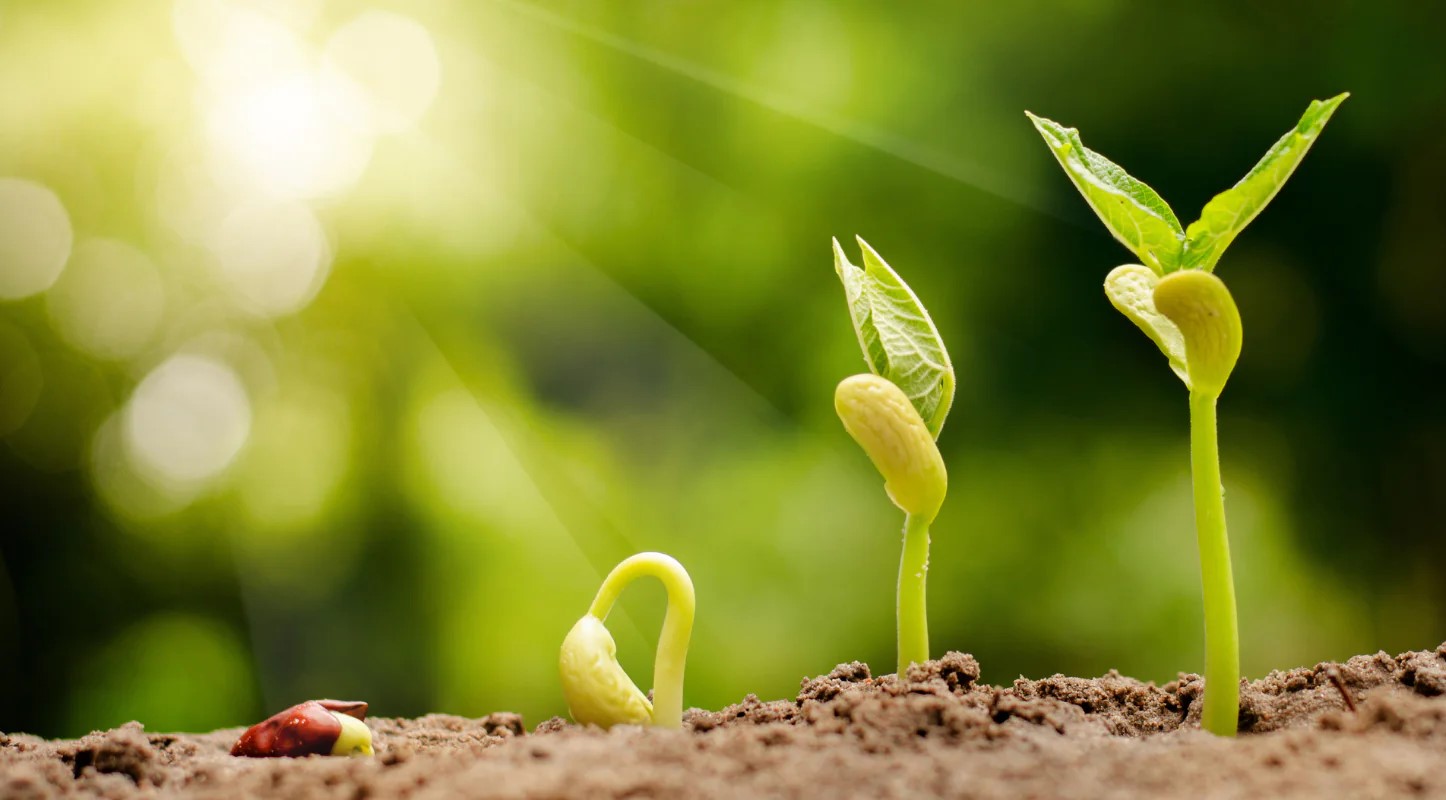
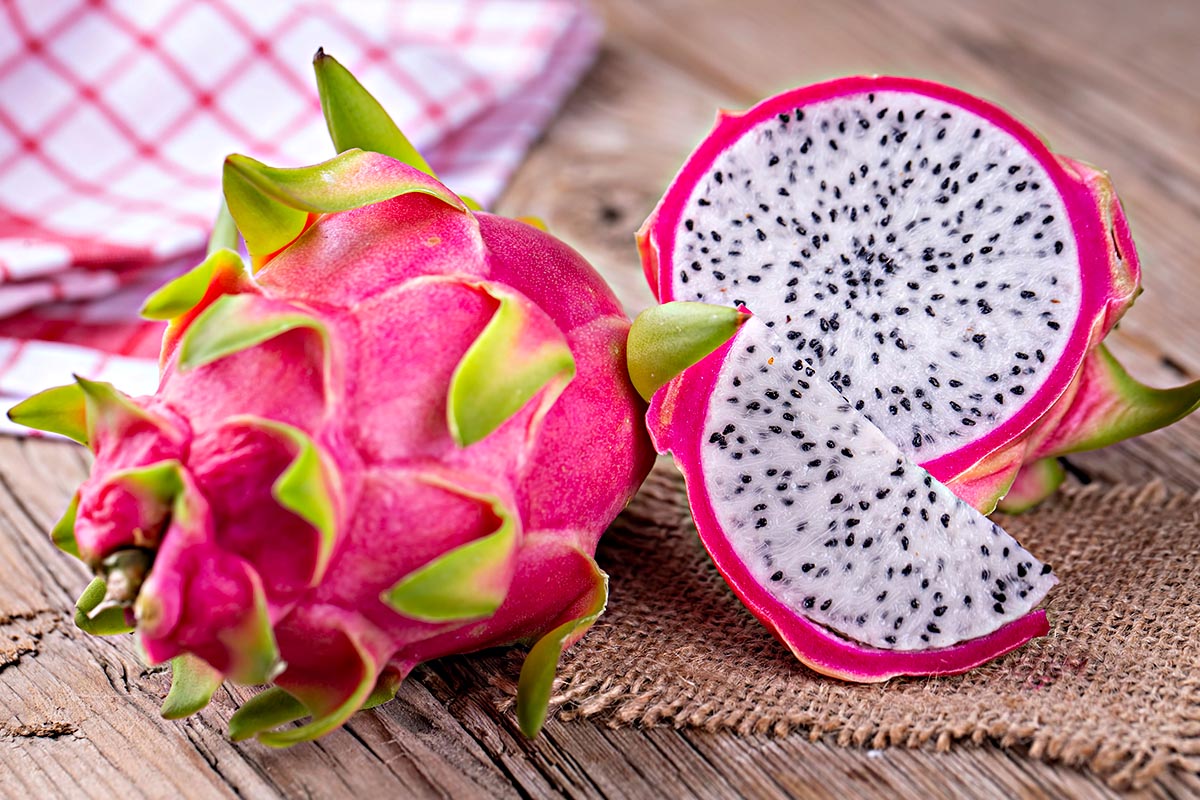
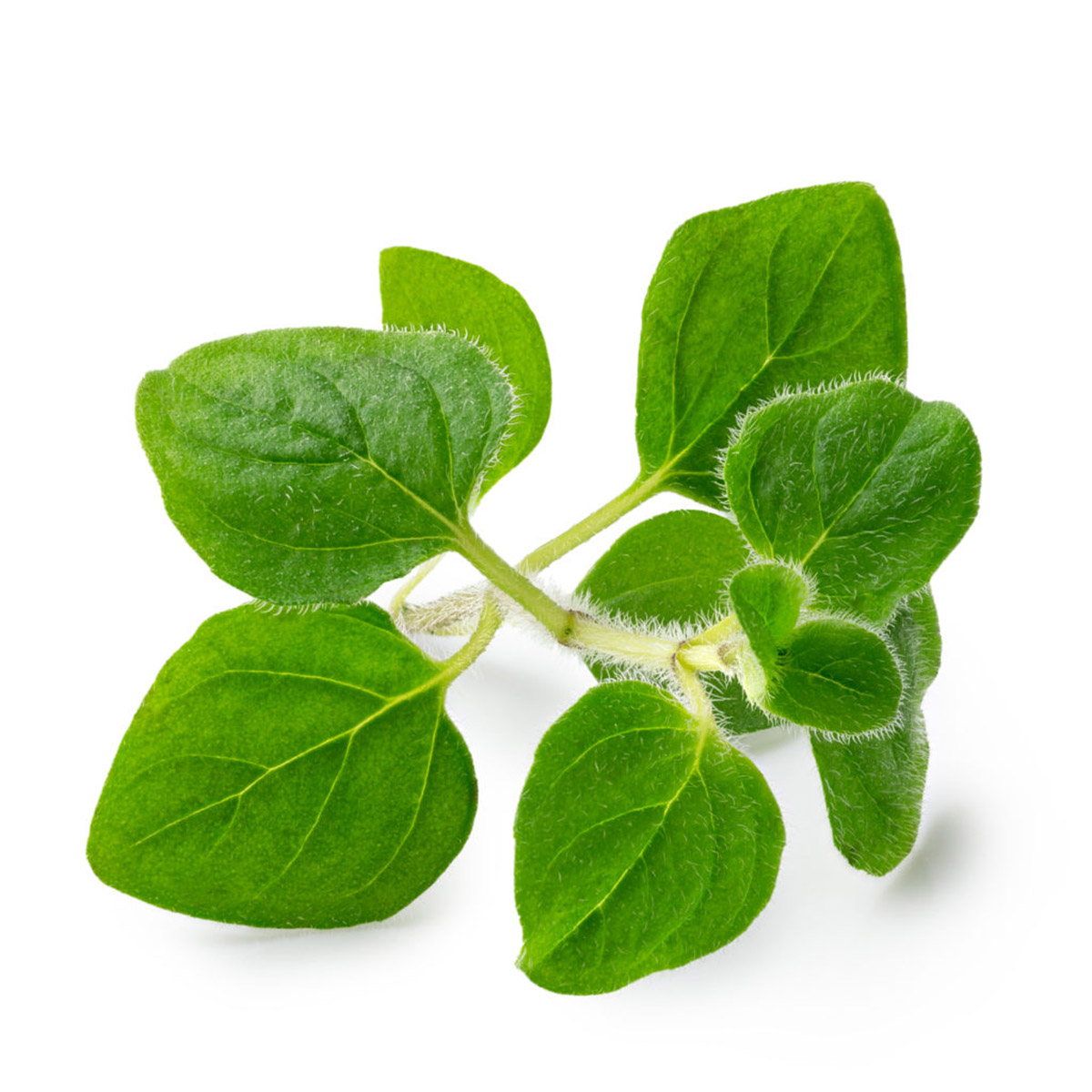
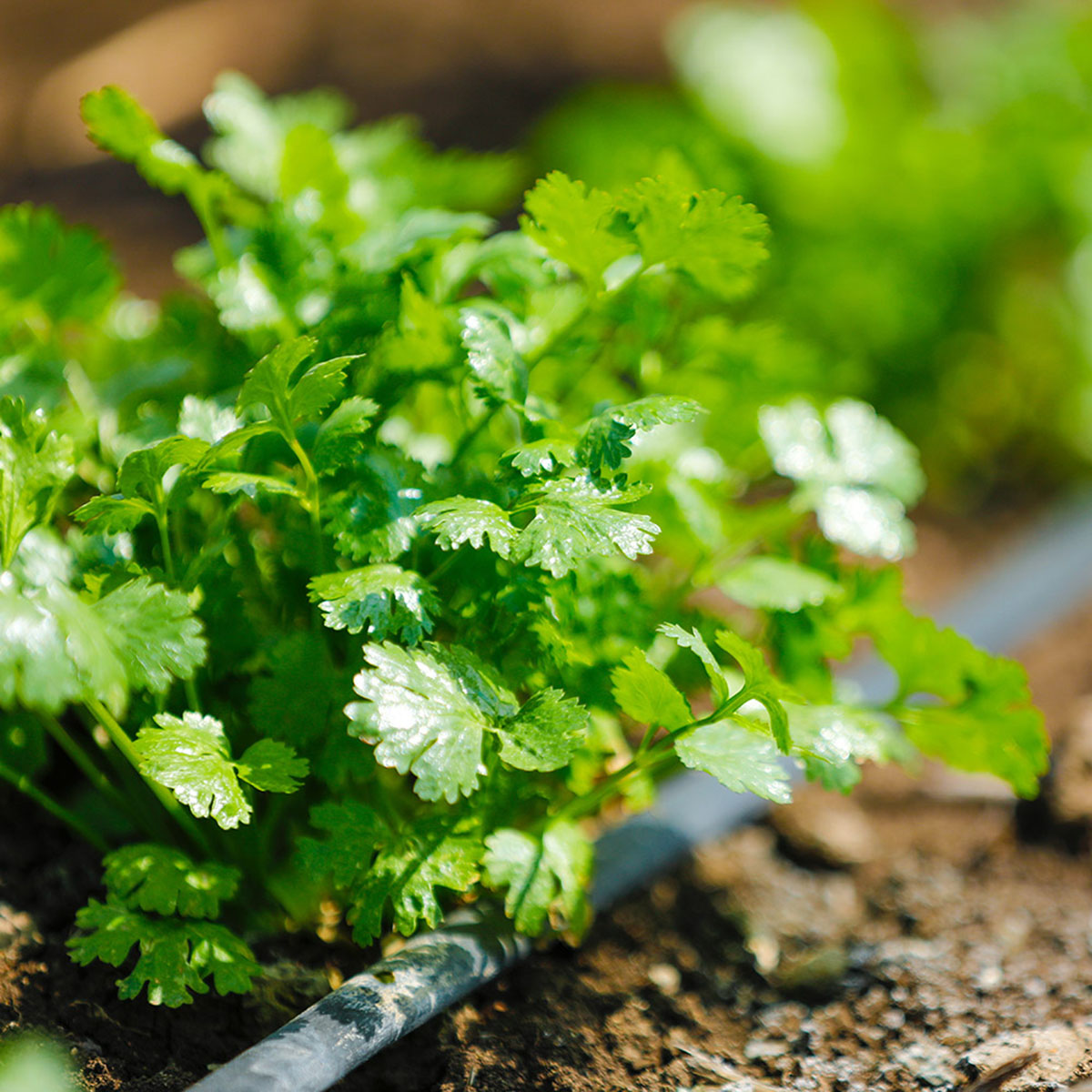
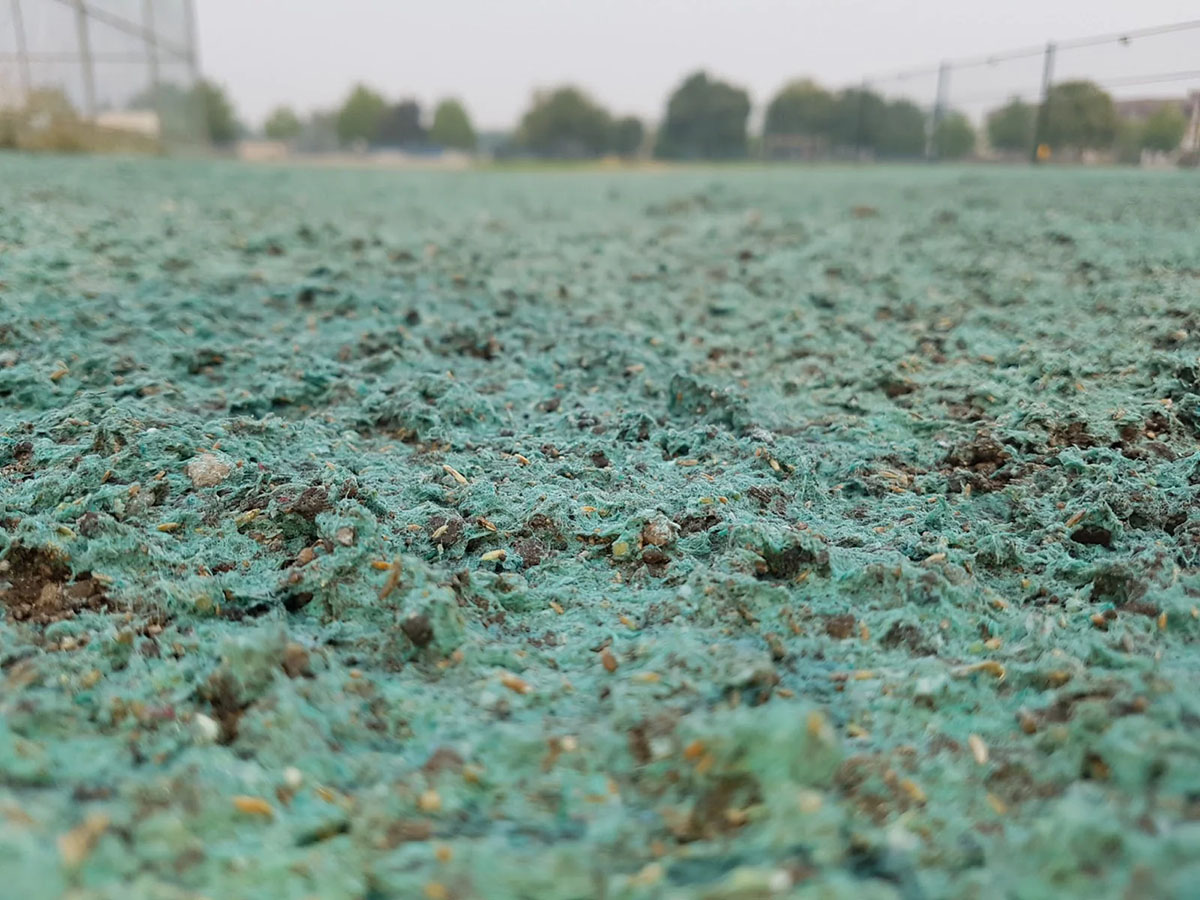
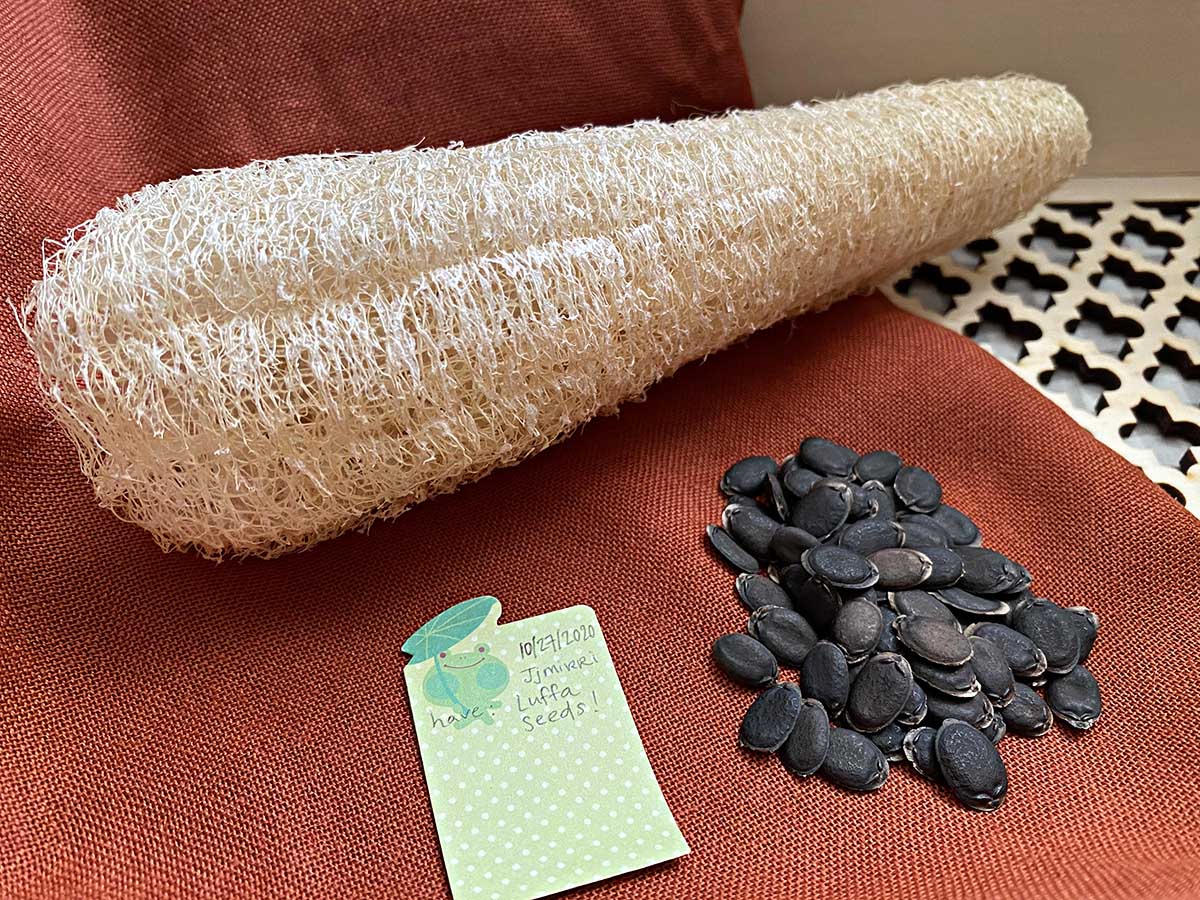
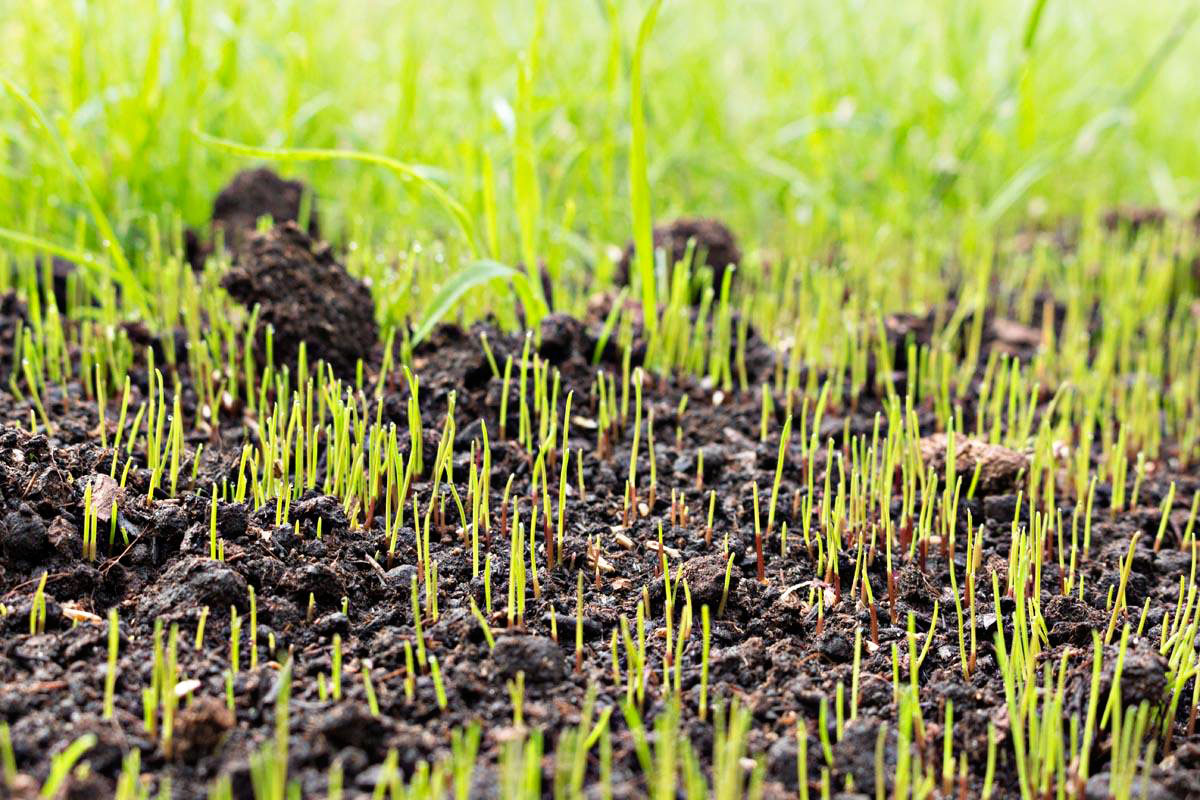
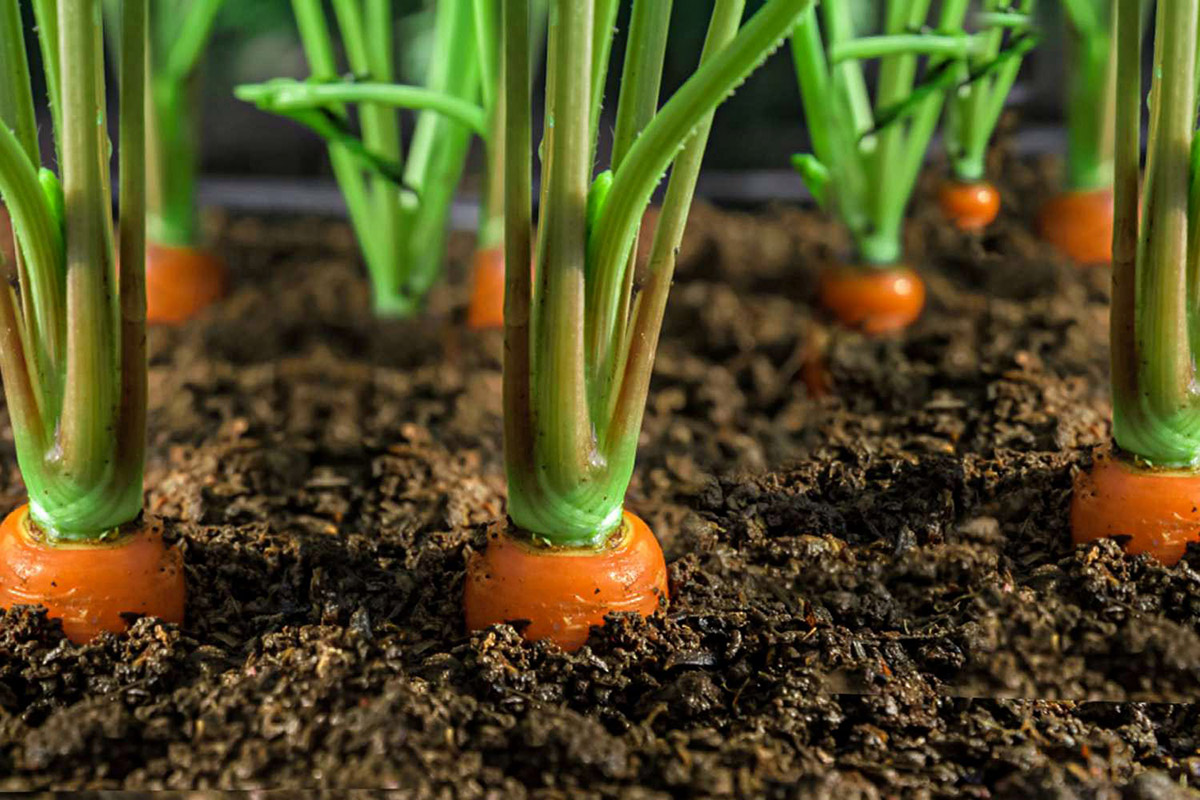
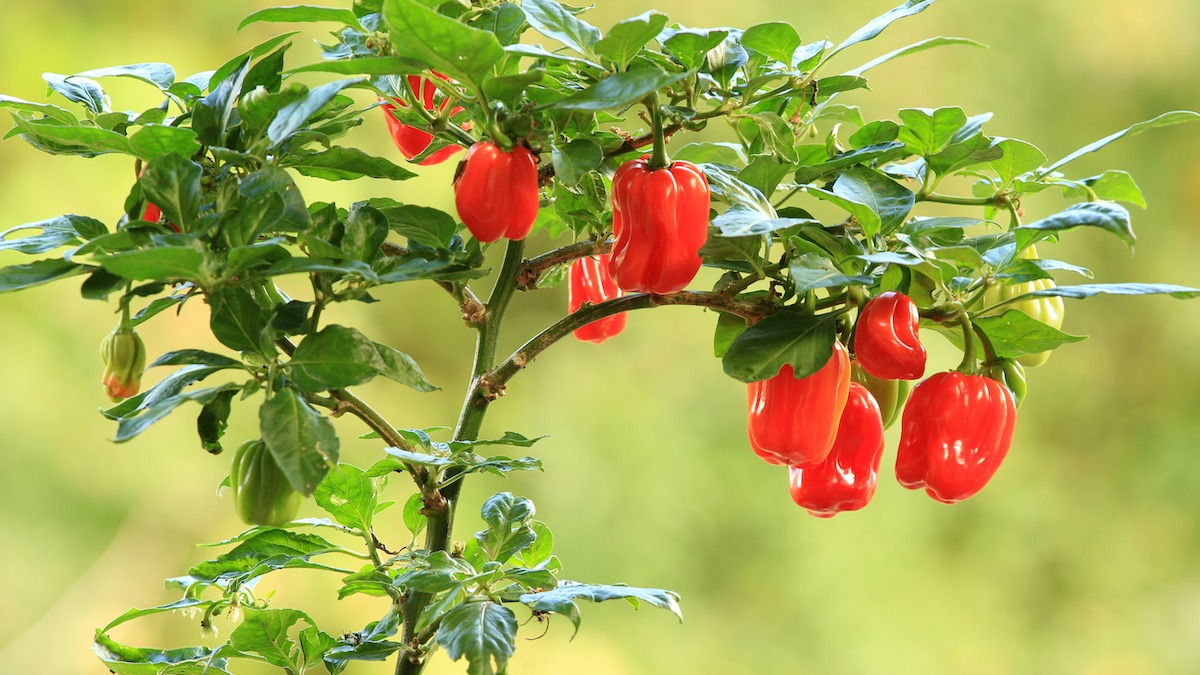
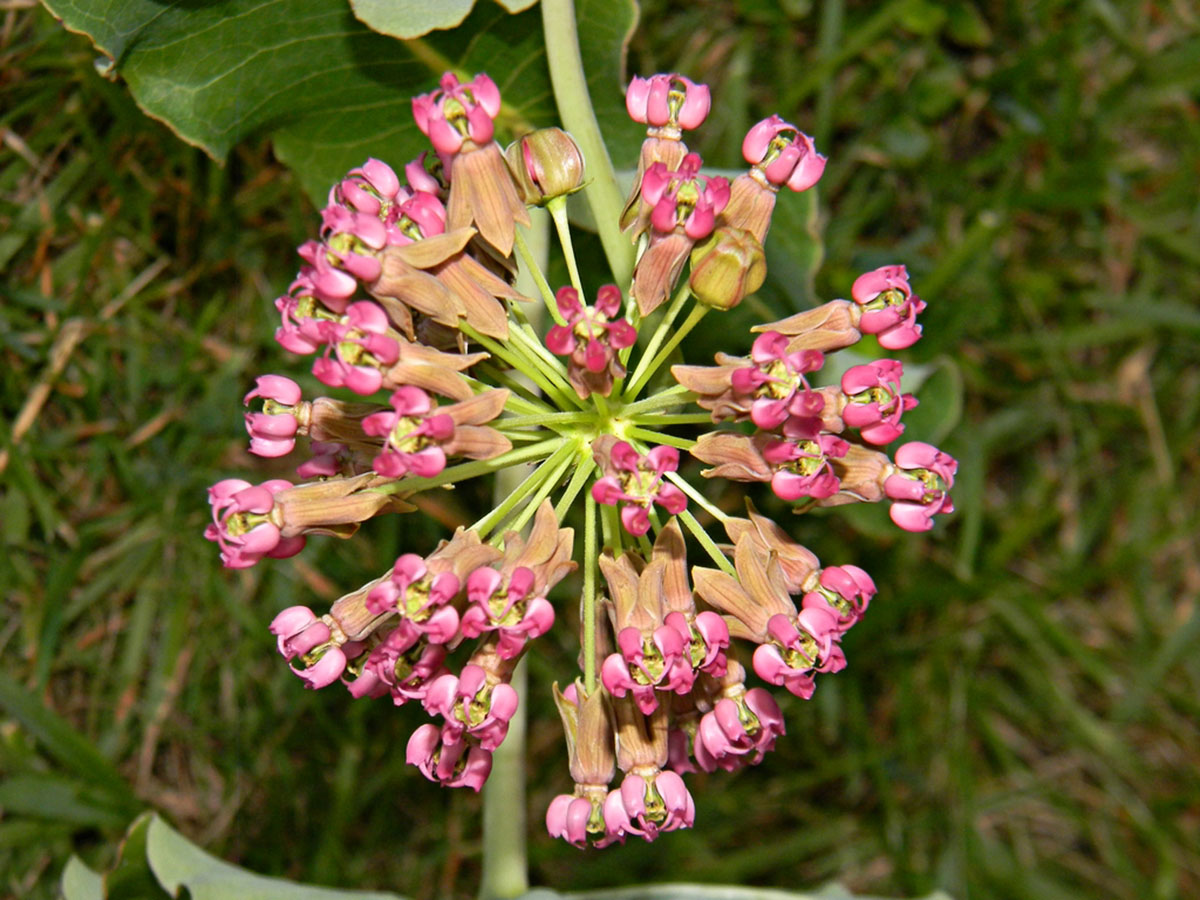

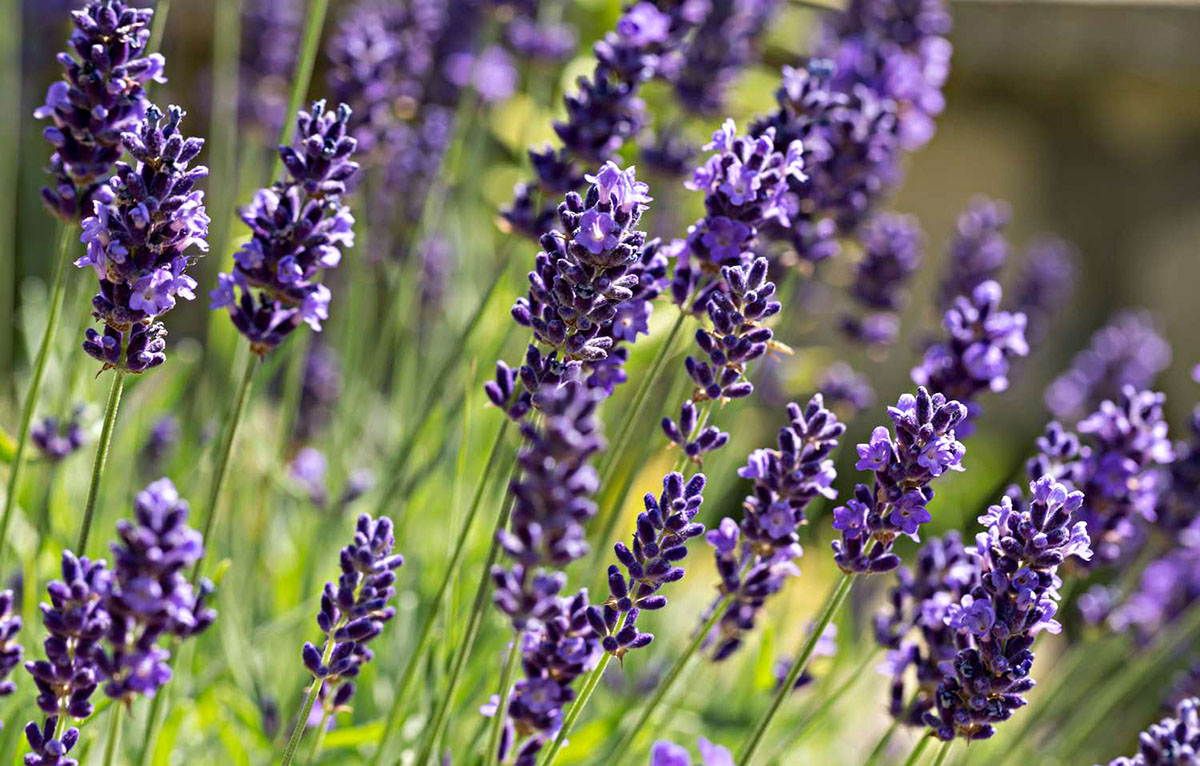

0 thoughts on “How Long To Germinate Passiflora”